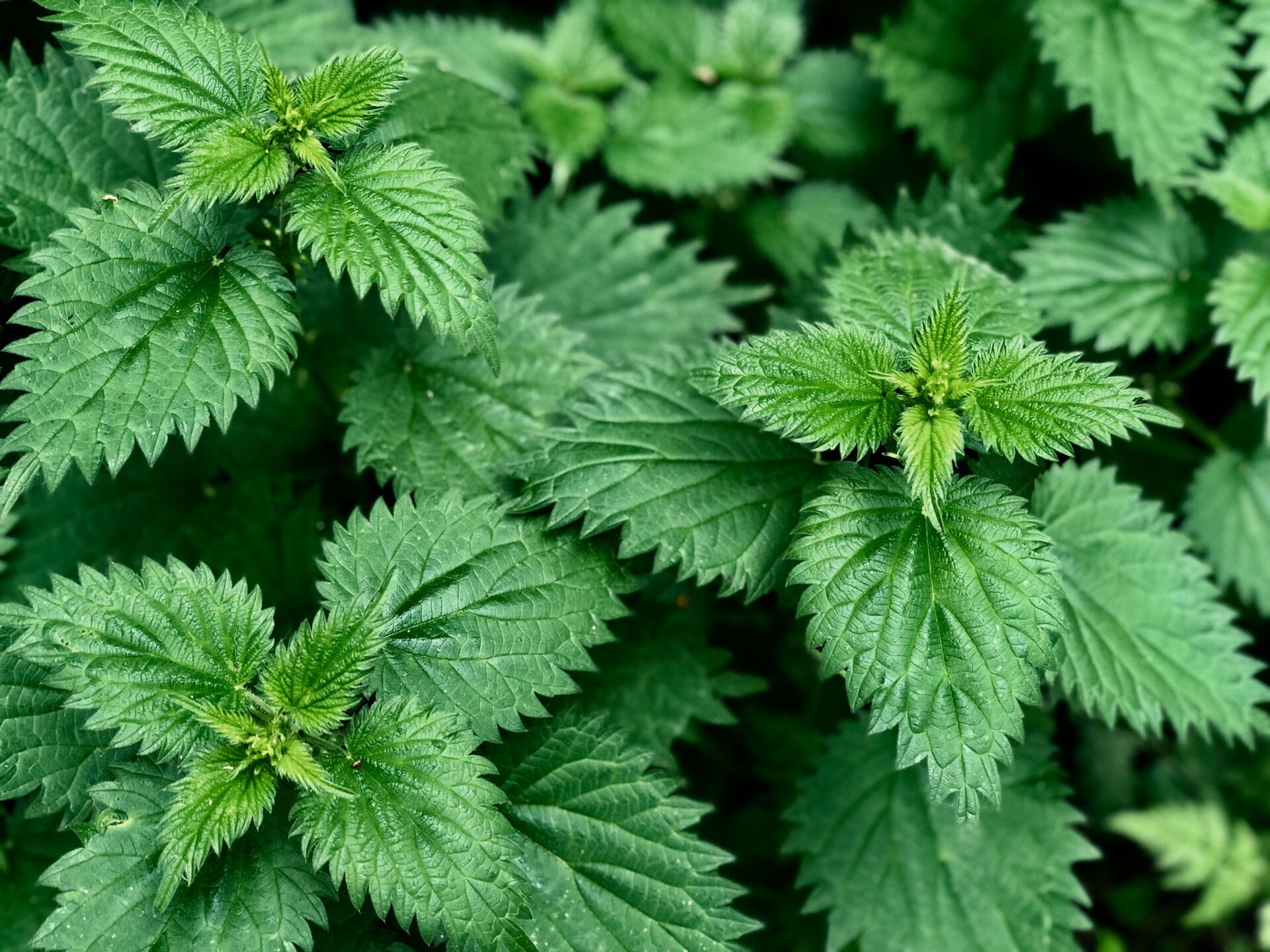Wild Pacific Northwest Medicinal Plants

These plants have a long history of traditional use for various health purposes, but it's important to consult with a knowledgeable herbalist or healthcare professional before using them medicinally, especially if you have any underlying health conditions or are taking medications.
1. Salmonberry (Rubus spectabilis): Known for its delicious berries, salmonberry leaves are used traditionally for making teas to alleviate diarrhea and aid digestion. If you can catch the plants sprouting in early spring, the peeled young shoots make a tender, asparagus-like vegetable called 'bear candy' by Salish tribes.
2. Devil's Club (Oplopanax horridus): This spiny shrub's roots and inner bark are utilized in traditional Native American medicine for various purposes, including inflamed joints and respiratory ailments.
3. Oregon Grape (Mahonia aquifolium): Its roots contain berberine, a compound with antimicrobial properties, making it valuable for addressing issues like digestive discomfort and skin conditions.
4. Licorice Fern (Polypodium glycyrrhiza): The rhizomes of this fern have a sweet taste reminiscent of licorice. They have been historically used by indigenous peoples for treating coughs and sore throats.
5. Stinging Nettle (Urtica dioica): Despite its sting, stinging nettle is prized for its medicinal properties and as a rich source of vitamins and minerals.
6. Red Alder (Alnus rubra): The bark of red alder contains tannins that have astringent properties, making it useful for treating minor wounds and skin irritations.
7. Red Elderberry (Sambucus racemosa): While its berries are toxic when raw, red elderberry has been traditionally used by indigenous peoples for treating a variety of ailments, including colds, flu, and inflammation, after proper preparation.
8. Douglas Fir (Pseudotsuga menziesii): The Spring tips of Douglas fir needles are rich in vitamin C and can be made into a soothing tea that's used for respiratory congestion and as a general tonic.
9. Wild Ginger (Asarum caudatum): Wild ginger has a spicy aroma and is used in traditional medicine for its digestive and antiinflammatory properties. It's often brewed into a tea or used topically.











